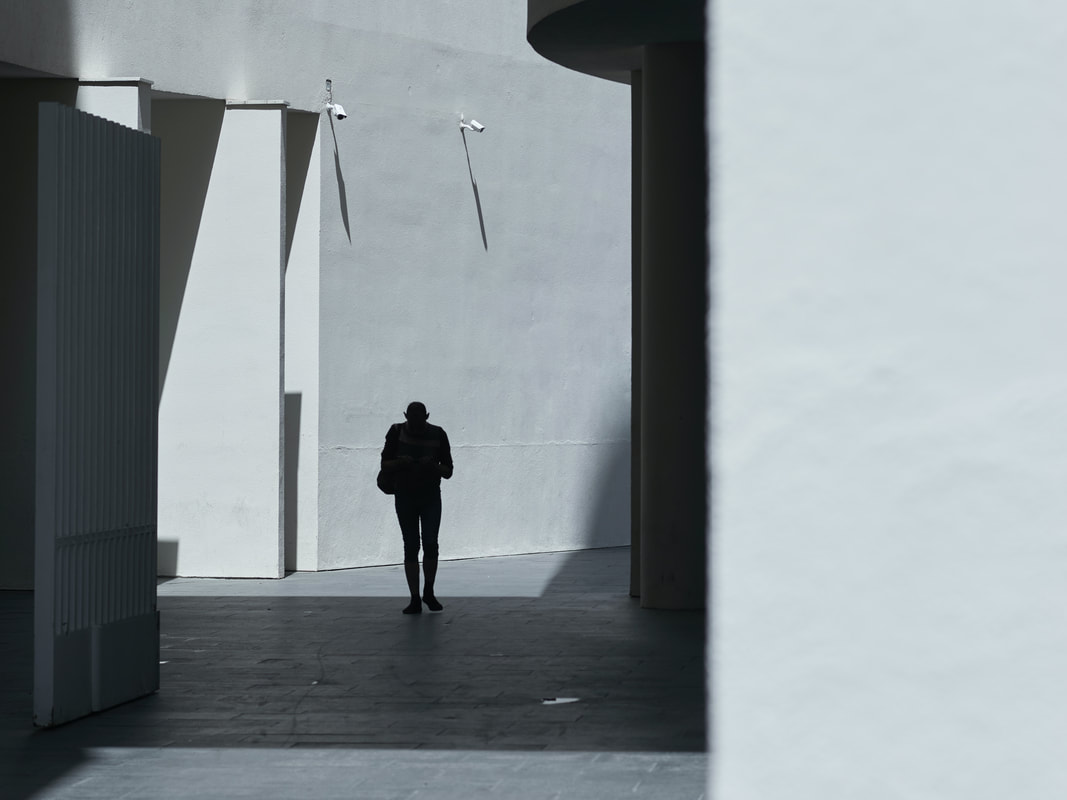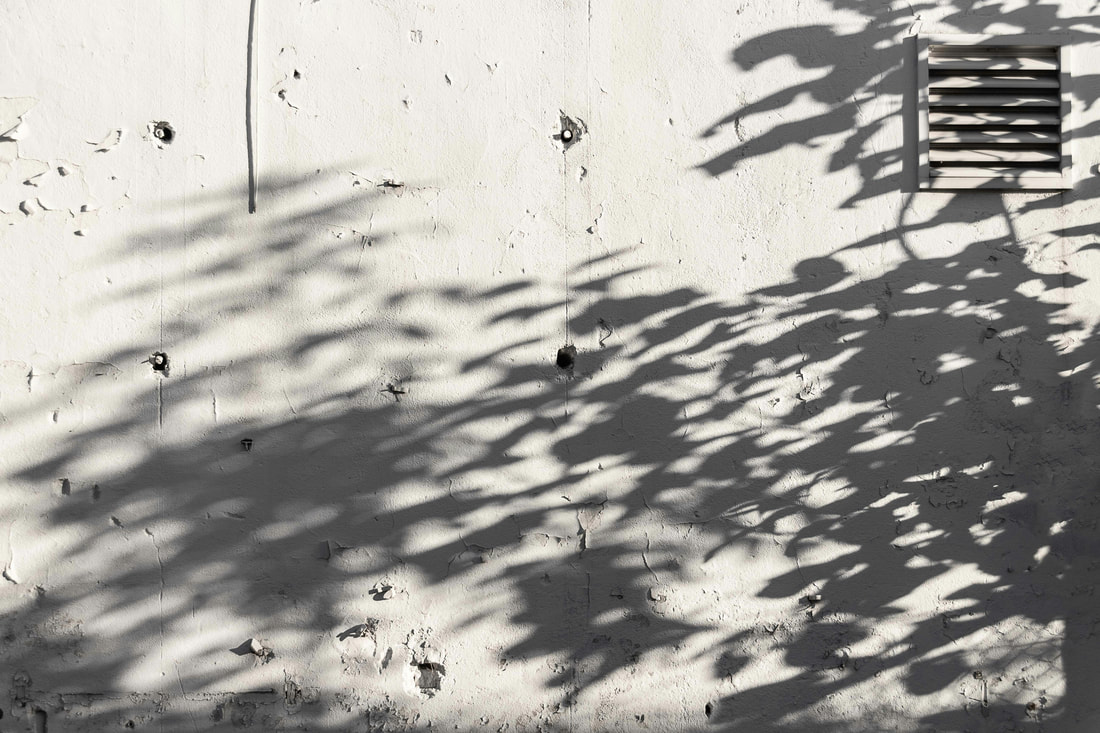|
|
|
Blog post by Ece Yoltay, Ahi Evran University, Turkey
My Identities article, ‘Queering trialectics among space, power, and the subject: spatial representations and practices of othered identities in Turkey’, is grounded in a critical analysis of the Foucaldian conceptualization of the relation between power and the subject. It does so by examining the construction of the concept of ‘supra-identity’ with the Repressive and Ideological State Apparatus in Turkey. Since the Republic of Turkey was established as a nation-state in a predominantly Muslim society, various legal and social regulations determining state-citizen relationships have been shaped in its political history (single-party period 1923-1946, multi-party period 1946-2018, Presidential system 2018-present). While each government in this history produces its own political interpretation of the 'ideal' citizen, the emphasis on Turkish and Muslim identities, particularly within the heteronormative social structure associated with Islam, has been common value for defining ‘supra-identity’. In Turkey's multicultural society, homogenizing differences over these identity values of the 'majority' has been deemed necessary for the 'unity of the state'.
0 Comments
Blog post by Ioana Vrabiescu, Vrije University Amsterdam, Netherlands
In my Identities article, ‘Detention is morally exhausting’: melancholia of detention centres in France’, I invite the reader to reflect on two main issues: the perceived role of the law and the legal system and how these perceptions are translated into the organization of migration control. The perception of the law as fundamental to the state practices allows people to continue working alongside the migration control apparatus despite their beliefs that the law is not perfect. The tension in this context lies in the interplay between the perceived fundamental role of the law in the functioning of the state and individual beliefs about a deficient legal system. Despite these beliefs, individuals continue to work in the migration control apparatus based on their understanding of the law's fundamental importance. Within the migration control apparatus, I chose migrant detention centres as those sites that best reflect these ethical frictions, resulting in an atmosphere of melancholia. |
|
Explore Identities at tandfonline.com/GIDE |
|
The views and opinions expressed on The Identities Blog are solely those of the original blog post authors, and not of the journal, Taylor & Francis Group or the University of Glasgow.


